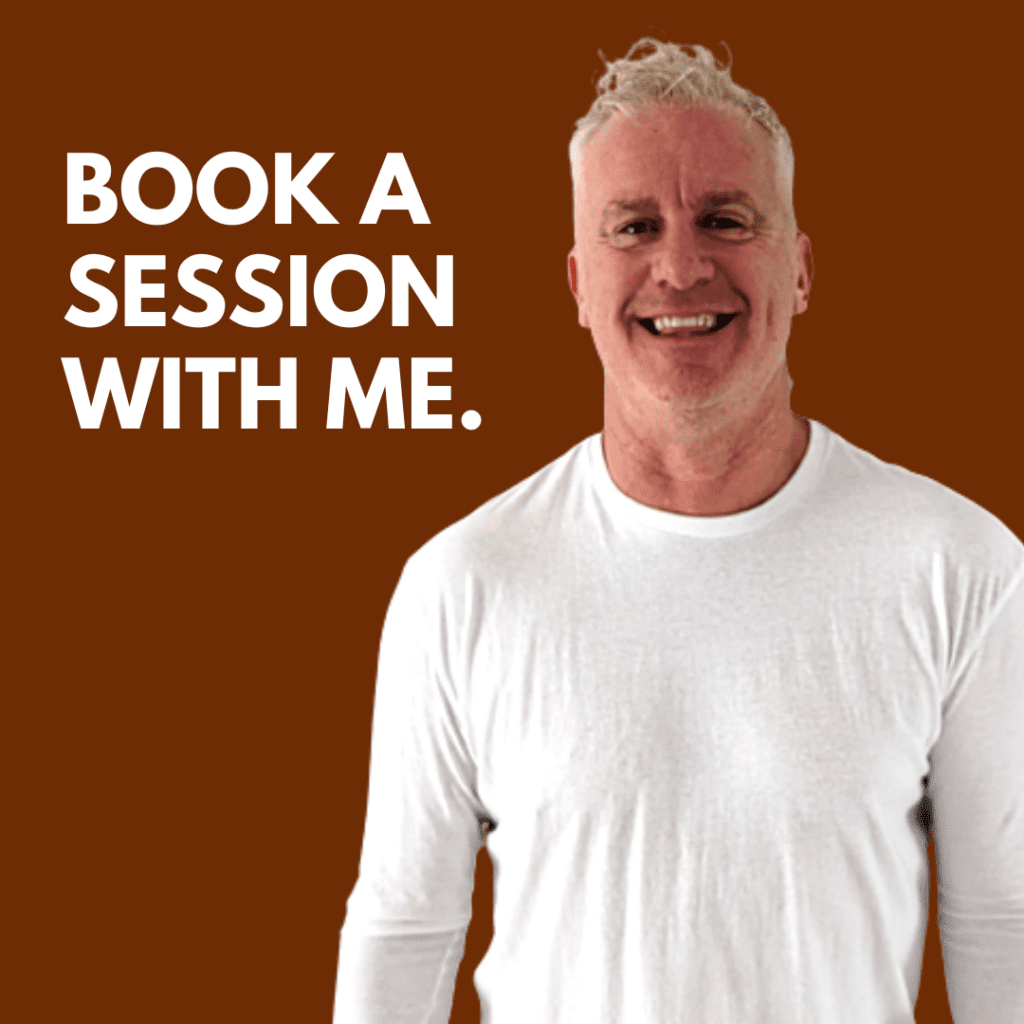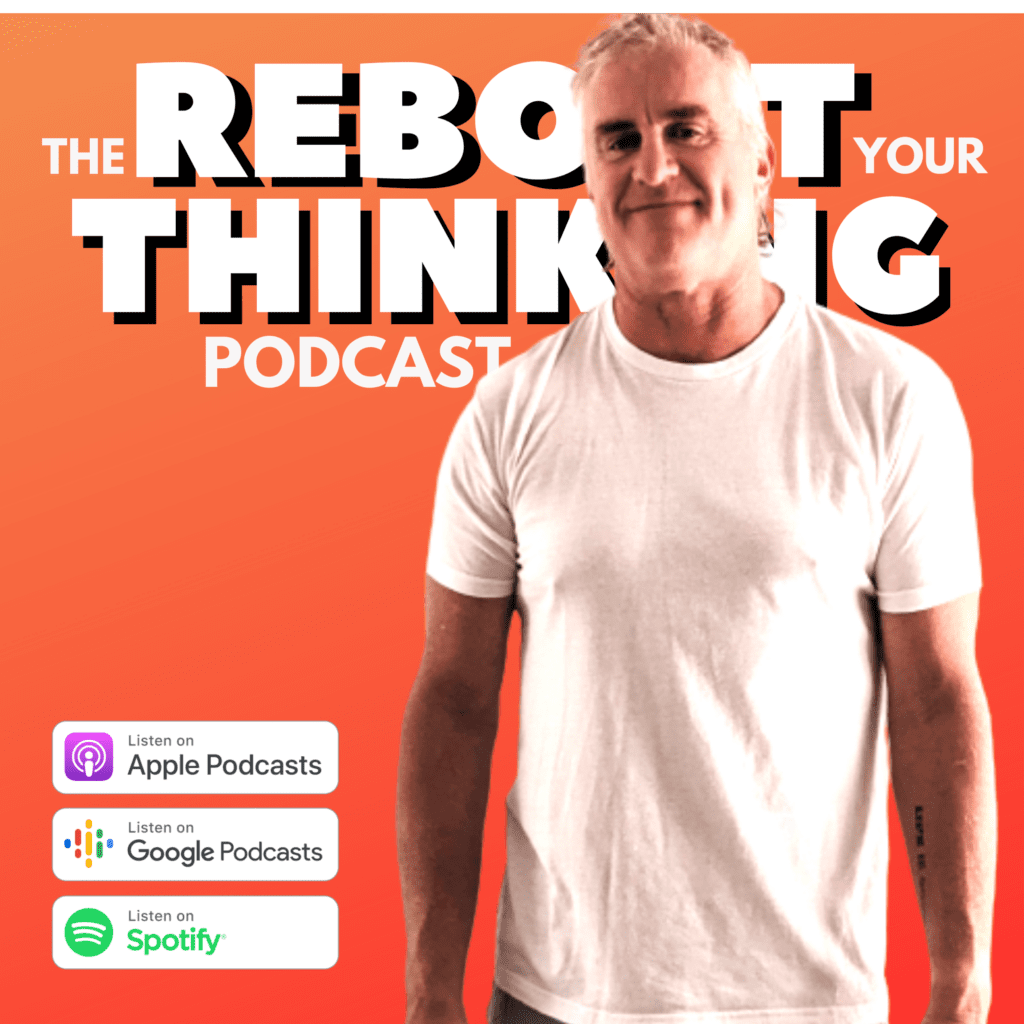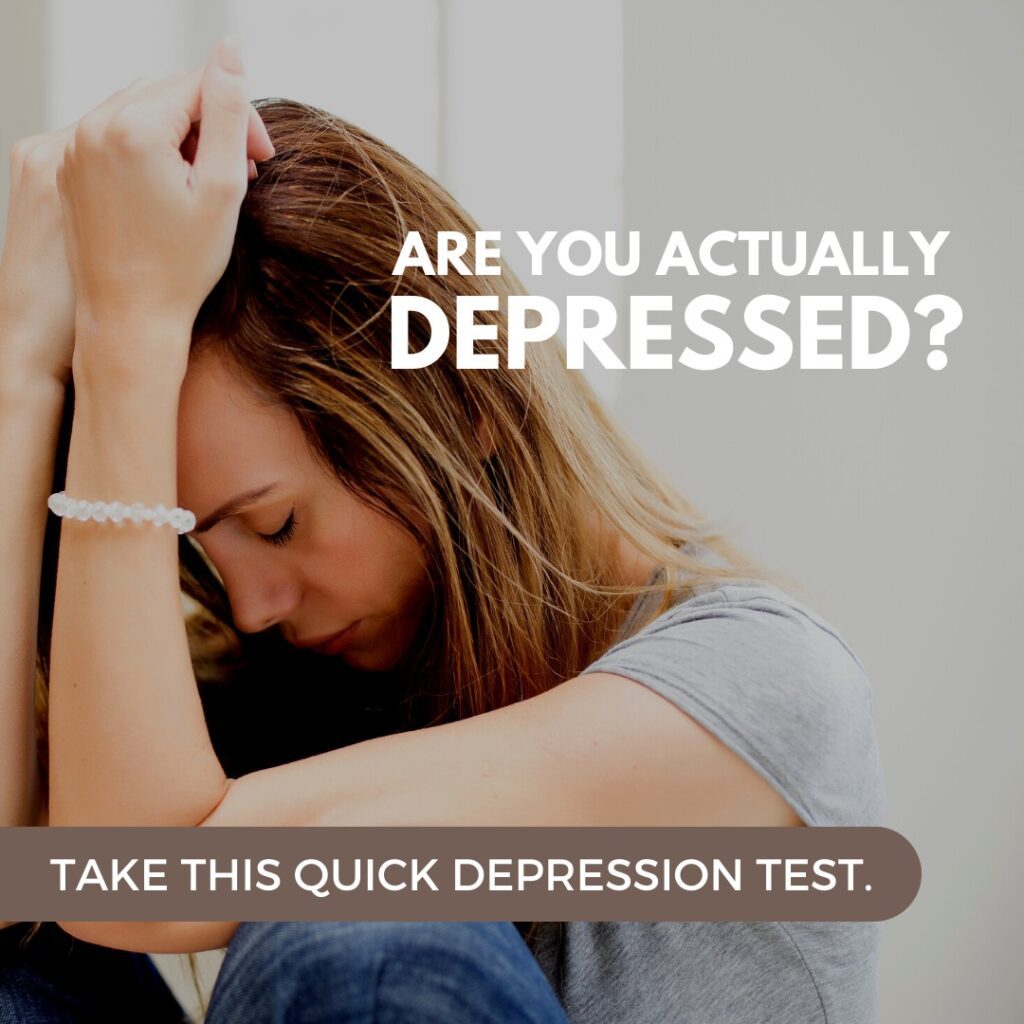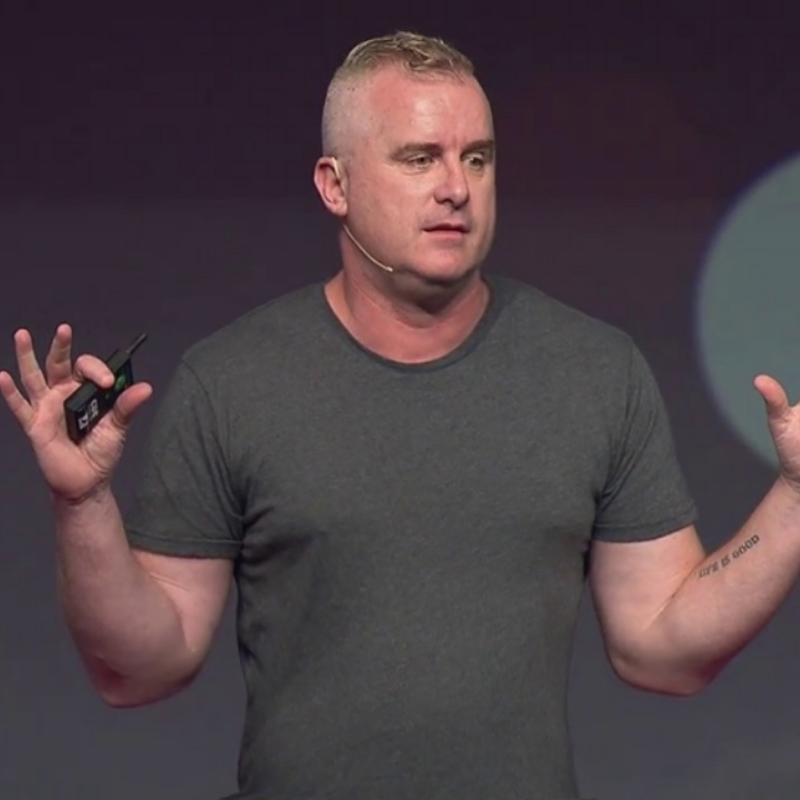As a therapist, one of the most important lessons I teach my clients is the power of self-compassion.
Many people are very hard on themselves, often holding themselves to impossibly high standards and beating themselves up when they fall short.
This can lead to feelings of shame, anxiety, and depression, which can in turn make it even harder to achieve their goals.
The good news is that self-compassion can be learned, and it can be a powerful tool in helping people overcome these negative feelings and achieve their goals.
In this post, I will explain what self-compassion is, why it is important, and how you can begin to practice it in your own life.
What is Self-Compassion?
Self-compassion is the practice of treating yourself with the same kindness, concern, and understanding that you would offer to a good friend.
It involves being mindful of your own struggles and suffering, and responding with kindness and empathy rather than self-criticism and judgment.
Self-compassion involves three main components: self-kindness, mindfulness, and common humanity.
Self-kindness means treating yourself with warmth and understanding, rather than harsh criticism and judgment.
Mindfulness involves being aware of your thoughts and feelings without getting lost in them or identifying with them.
Common humanity involves recognising that everyone experiences pain and suffering at times, and that you are not alone in your struggles.
Why is Self-Compassion Important?
There are many reasons why self-compassion is important.
For one, it can help you to feel more connected and less isolated.
When you recognise that everyone experiences pain and suffering at times, you are less likely to feel like you are the only one going through a difficult time.
Self-compassion can also help you to feel more resilient and better able to cope with stress.
When you treat yourself with kindness and understanding, you are less likely to get bogged down in negative self-talk and more likely to be able to bounce back from setbacks.
Finally, self-compassion can help you to achieve your goals.
When you are kind and supportive of yourself, you are more likely to feel motivated and confident, which can help you to take the steps necessary to achieve your goals.
How to Practice Self-Compassion
Practicing self-compassion can take some time and effort, but it is a skill that can be learned.
Here are some tips to get started:
Start with mindfulness:
Before you can be compassionate towards yourself, you need to be aware of your thoughts and feelings.
Take a few moments each day to simply observe your thoughts without judgment.
Practice self-kindness:
When you notice negative self-talk or self-criticism, try to respond with kindness and understanding.
Imagine that you are speaking to a good friend who is going through a difficult time.
Remember common humanity:
When you experience pain or suffering, remember that you are not alone.
Everyone goes through difficult times at some point in their lives.
Give yourself permission to make mistakes:
Remember that making mistakes is a normal part of the learning process.
Instead of beating yourself up over a mistake, try to learn from it and move on.
Be patient:
Learning to practice self-compassion takes time and effort.
Be patient with yourself and don’t expect to become an expert overnight.
Conclusion
Self-compassion is a powerful tool that can help you to feel more connected, resilient, and motivated.
By treating yourself with kindness and understanding, you can overcome negative self-talk and achieve your goals.
If you are struggling with self-criticism and negative self-talk, consider working with a therapist who can help you to develop the skills and strategies you need to practice self-compassion in your own life.


















